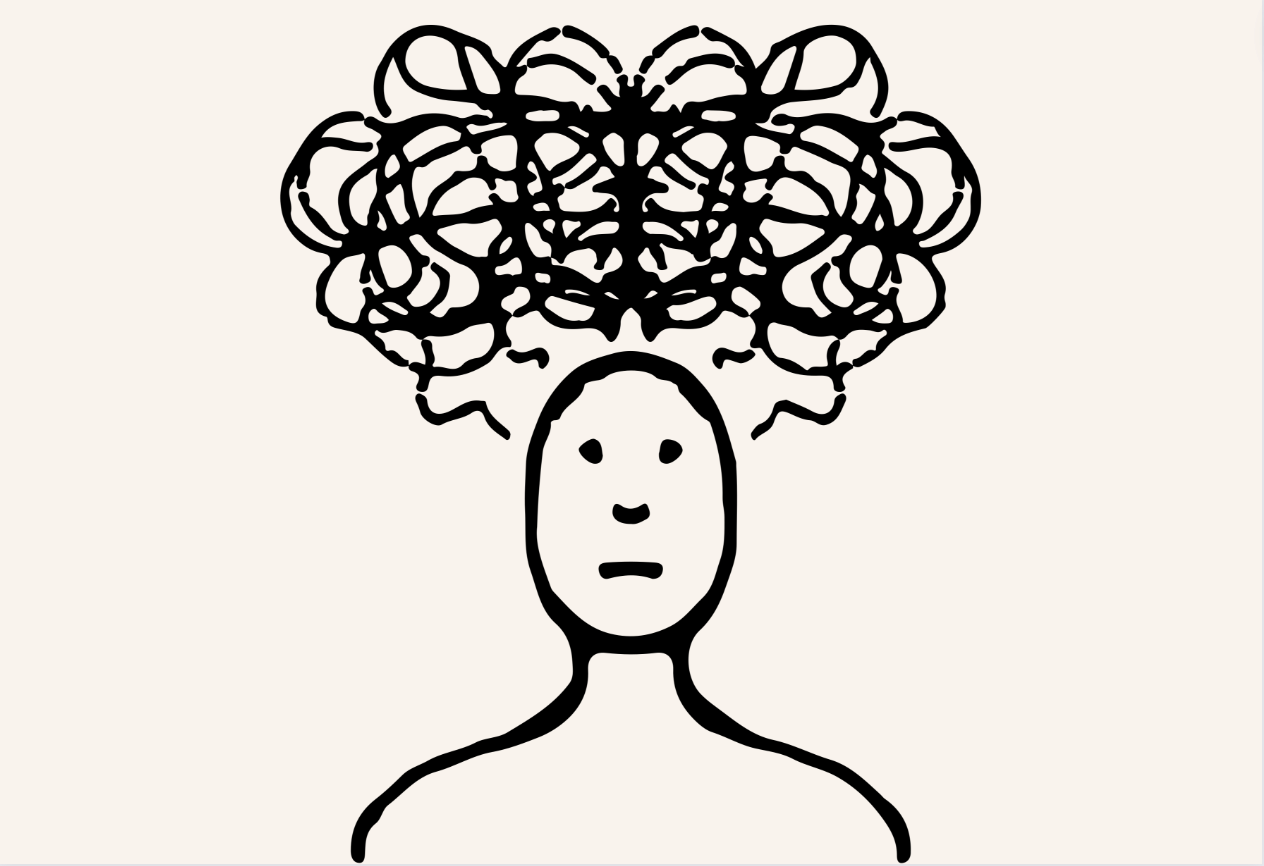
Attention Deficit Hyperactivity Disorder (ADHD) is a neurodevelopmental condition characterized by difficulties with focus, impulsivity, and hyperactivity. However, there's more to ADHD than meets the eye. Many individuals with ADHD also grapple with a lesser-known but equally significant challenge: rumination. In this blog, we will delve into the relationship between ADHD and rumination, exploring how they interact, the impact on mental health, and strategies to break free from the cycle of overthinking.

Understanding Rumination
Rumination is the repetitive and often intrusive process of dwelling on distressing or negative thoughts. It's like a mental hamster wheel that keeps spinning without getting anywhere. While rumination is not exclusive to ADHD, research suggests that individuals with ADHD may be more prone to this pattern of thinking. Why does this happen?

ADHD and Rumination: The Connection
- Executive Function Deficits: ADHD is often associated with executive function deficits, which include difficulties in regulating thoughts and actions. These deficits can make it challenging to disengage from persistent, unwanted thoughts.
- Rejection Sensitivity: Many individuals with ADHD experience heightened rejection sensitivity, where they are more attuned to perceived criticism or rejection. This sensitivity can trigger rumination after social interactions or perceived failures.
- Impaired Attention Control: ADHD's hallmark symptom is impaired attention control. This difficulty in focusing can lead to racing thoughts and difficulty shifting attention away from distressing ideas.
The Impact on Mental Health

Rumination is not a harmless habit; it can take a toll on mental health, especially for individuals with ADHD. Here are some potential consequences:
- Increased Anxiety: Overthinking can lead to excessive worry and anxiety, making it challenging to relax or enjoy the present moment.
- Depression: Prolonged rumination can contribute to feelings of hopelessness and sadness, potentially leading to depression.
- Impaired Decision-Making: Constantly revisiting past actions or worrying about the future can cloud judgment and hinder effective decision-making.
Breaking the Cycle

If you or someone you know with ADHD struggles with rumination, it's essential to seek strategies to break free from this pattern. Here are some practical tips:
- Mindfulness and Meditation: Mindfulness techniques can help individuals become more aware of their thoughts and learn to detach from them. Meditation practices can also aid in calming the mind.
- Cognitive Behavioral Therapy (CBT): CBT can be highly effective in addressing rumination. It helps individuals identify and challenge negative thought patterns and develop healthier cognitive habits.
- Medication Management: For some individuals with ADHD, medication prescribed by a healthcare professional can help improve attention control and reduce overthinking.
- Physical Activity: Regular exercise has been shown to reduce anxiety and depression symptoms. It can also help with focus and attention, which may indirectly alleviate rumination.
- Support and Counseling: Seek support from friends, family, or a therapist who can provide a safe space to talk about your thoughts and feelings.
Conclusion
ADHD and rumination often go hand in hand, creating a complex web of cognitive and emotional challenges. Recognizing this connection is the first step toward breaking the cycle of overthinking. With the right strategies and support, individuals with ADHD can learn to manage rumination, improve their mental well-being, and lead more fulfilling lives. Remember, you are not alone in this journey, and seeking help is a sign of strength, not weakness.



